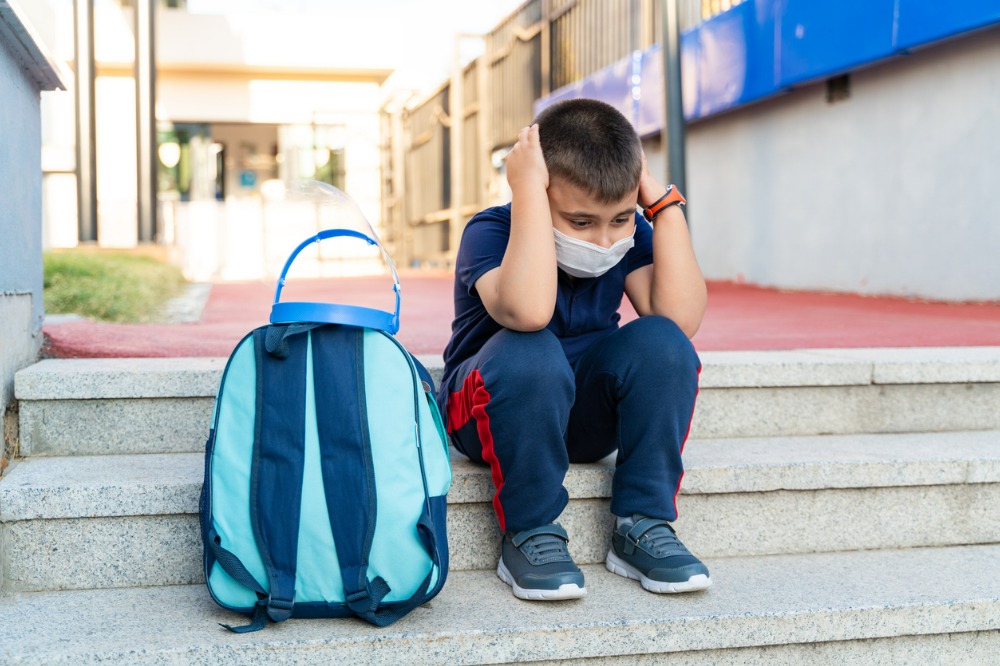
Big data confirms the most cited research topic during the Covid-19 pandemic was not virology or medical treatments, but mental health.
The Macquarie University School of Computing conducted a massive AI analysis of 809,000 worldwide studies relating to COVID-19 during the pandemic, finding that scientists researched its mental health effects more than the disease itself.
The study found the top five research keywords explored in COVID-19-related literature were mental health, pandemic, vaccination, second waves and lockdowns.
The research was led by Professor Longbing Cao, Distinguished Chair in Artificial Intelligence at Macquarie University School of Computing.
His book, ‘Global COVID-19 Research and Modelling: A Historical Record’, published by Springer Nature, is a comprehensive exploration of the massive global research effort, providing insights into how scientists worldwide responded to the pandemic.
Australia lagged in Covid-19 research
The researchers say the results of this monumental effort offer insights into the global scientific response to the Covid-19 pandemic.
One of the most striking findings was the level of international collaboration, particularly between China and the United States. Despite well-publicised political tensions between the two countries during this period, scientists maintained strong collaborative relationships.
The US, China, the United Kingdom, Italy and India ranked top five globally in publication quantity and cumulative impact, while the top five in research productivity were the Netherlands, Switzerland, the UK, France and the U.S.
“Among G20 countries, Argentina, South Korea and Australia were less productive in COVID-19 research than expected,” Professor Cao said.
The U.S led the way in overall contributions, accounting for 14.81% of total publications. The European Union was close behind at 14.66%, while China contributed 6.02%.
“I think this book serves as a historical archive for the whole scientific community,” Professor Cao said. “It shows that problem-driven research and international collaboration are critical for us to address global challenges such as a worldwide pandemic.”
Students still recovering from the pandemic
In 2022, a nationwide study by Orygen and Mission Australia found that of the more than 3,000 young people who rated their mental health and wellbeing as poor, over three quarters (76.5%) indicated the pandemic had a negative impact on their mental health.
Those who were most impacted were gender diverse young people, and those living in Victoria and NSW, the two states which experienced the longest lockdowns.
Smiling Mind CEO, Dr Addie Wootten, says the mental health and wellbeing of Australian children and young people has been on a steady decline over the past decade, and the impact of Covid only exacerbated this.
“We know that one-in-seven primary school aged children are experiencing a mental illness, and this rises to one-in-four by the time children reach the high school years, according to the National Child Mental Health Strategy,” Dr Wootten told The Educator.
“Suicide was already at a ten-year high prior to the pandemic and recent data from the Resolve Political Monitor indicates that one-in-four young people have thought about suicide in the past year.”
Waverley College’s Head of Wellbeing, James Horrocks said four years on from the outbreak of the pandemic in Australia, its fallout continues to impact young people across Australia in many ways.
“One of these was the marked impact of the lockdowns on students’ sense of belonging and engagement,” Horrocks told The Educator. “The lockdowns led to an increase in students feeling isolated from their peers and broader community.”
Horrocks said this issue was felt across the entirety of Australia’s education system.
“Students who lack a sense of belonging struggle to engage authentically in their academic pursuits and learning across all subjects.”


